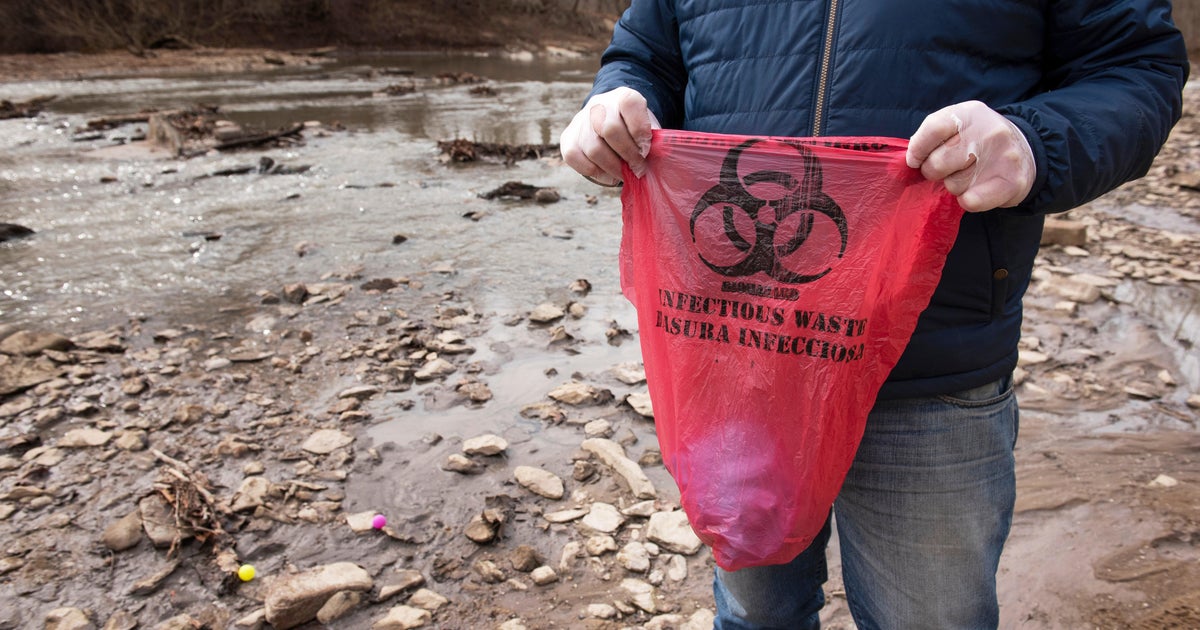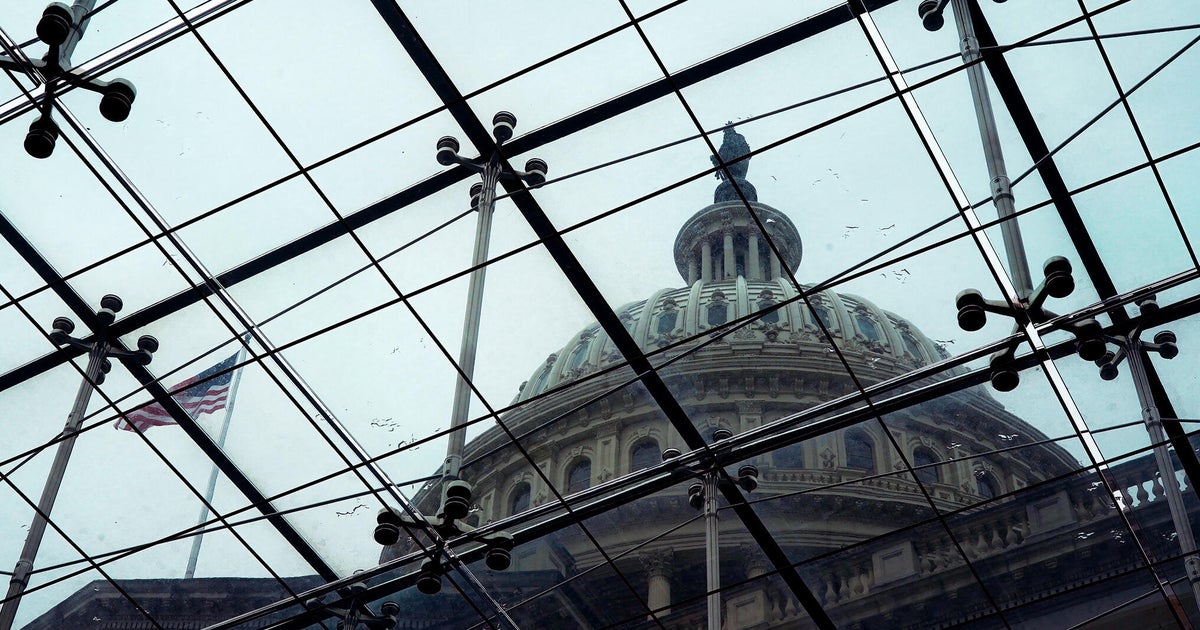Trump legal team argues impeachment trial is unconstitutional, denies inciting Capitol attack
Washington — Attorneys representing former President Donald Trump in his upcoming impeachment trial have released a brief arguing the trial is an unconstitutional overreach by Congress while denying the former president incited rioters to attack the Capitol on January 6.
In a preview of their arguments for next week's trial on the single charge of "incitement of insurrection," lawyers Bruce Castor and David Schoen wrote that the Senate does not have the power to try a president who is no longer in office, and said the claim that Mr. Trump incited the attack has no merit.
"The Senate of the United States lacks jurisdiction over the 45th President because he holds no public office from which he can be removed, and the Constitution limits the authority of the Senate in cases of impeachment to removal from office as the prerequisite active remedy allowed the Senate under our Constitution," Schoen and Castor wrote in the 14-page memo.
The two also argue that the House "deprived [Mr. Trump] of due process" by impeaching him without holding any hearings beforehand, thus denying him the opportunity to present his own evidence. The House impeached Mr. Trump in a bipartisan vote on January 13, just one week after the attack on the Capitol.
"The House had no reason to rush its proceedings, disregard its own precedents and procedures, engage in zero committee or other investigation, and fail to grant the accused his "opportunity to be heard" in person or through counsel – all basic tenets of due process of law," the brief said. "Political hatred has no place in the administration of justice anywhere in America, especially in the Congress of the United States."
Castor and Schoen, who joined the Trump legal team just two days ago, further claimed that the article of impeachment violates Mr. Trump's right to free speech. The impeachment article cites remarks Mr. Trump made to supporters at a rally on January 6, where he overturned the crowd to "fight like hell" to overturn the election just hours before the Capitol was breached.
"It is admitted that persons unlawfully breached and vandalized the Capitol, that people were injured and killed, and that law enforcement is currently investigating and prosecuting those who were responsible," Schoen and Castor argued. "It is denied that President Trump incited the crowd to engage in destructive behavior. It is denied that the phrase 'if you don't fight like hell you're not going to have a country anymore' had anything to do with the action at the Capitol as it was clearly about the need to fight for election security in general, as evidenced by the recording of the speech."
Castor and Schoen further argued that the trial is invalid because the article of impeachment did not break down the allegations against Mr. Trump into separate arguments, and because Supreme Court Chief Justice John Roberts will not preside over the trial. Democratic Senator Patrick Leahy, the president pro tempore of the Senate, will preside after Roberts and Vice President Kamala Harris declined to do so. The brief said that the House "maneuvered an ally in the Senate into the judge's chair" with Leahy presiding over the trial.
The Constitution stipulates that the chief justice presides over trials of sitting presidents, but is silent on the question of who should preside over the trial of a former president.
Castor and Schoen concluded that the trial should be dismissed "because the Senate lacks jurisdiction to remove from office a man who does not hold office." They also called on the Senate to acquit the president "in the alternative" based "on the merits of the allegations raised in the article of impeachment."
The House impeachment managers also released a pre-trial brief on Tuesday arguing that it is constitutional to try a president no longer in office, and that Mr. Trump did in fact incite the attack on the Capitol.
The Senate trial is set to formally get underway on February 9.



